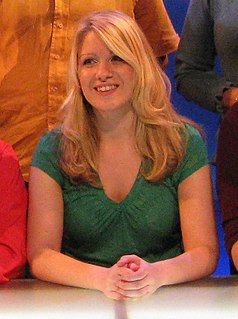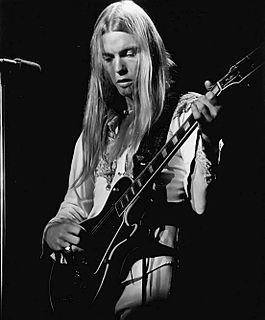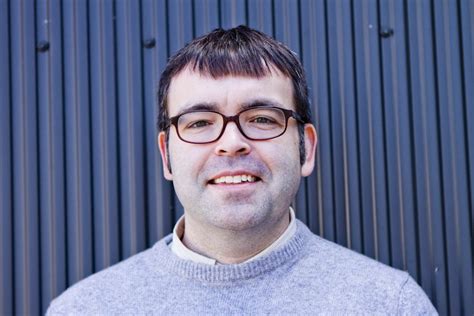A Quote by Mark Boal
Passage of time can be mind-numbing to figure out in a screenplay. It's the easiest thing to do in prose, not just by writing 'four years later', but you can shift time in a sentence or two.
Related Quotes
You are confronted with abysses of time that are, in a way, unfathomable. You see a painting in charcoal of raindeer and it was left unfinished and somebody else finished it. But through radio carbon dating we know that the next one completed the painting 5,000 years later. You're just blown away by the notion of passage of time. We have no relationship to that kind of depth of time.
Evaluate. Long experience had taught me to evaluate and assess. When the unexpected gets dumped on you, don’t waste time. Don’t figure out how or why it happened. Don’t recriminate. Don’t figure out whose fault it is. Don’t work out how to avoid the same mistake next time. All of that you do later. If you survive.
Writing is linear and sequential; Sentence B must follow Sentence A, and Sentence C must follow Sentence B, and eventually you get to Sentence Z. The hard part of writing isn't the writing; it's the thinking. You can solve most of your writing problems if you stop after every sentence and ask: What does the reader need to know next?
I'd been sick on tour for about two years with this medical anomaly that doctors couldn't figure out. That's a big part of my life: I just feel really sick a lot of the time and can't figure out why. I'd gotten these shots in Russia, where we'd just been. It was just heavy. It's just heavy performing for people who really care about you, and you don't really care that much about yourself sometimes.
The worst of it is over now, and I can't say that I am glad. Lose that sense of loss—you have gone and lost something else. But the body moves toward health. The mind, too, in steps. One step at a time. Ask a mother who has just lost a child, How many children do you have? "Four," she will say, "—three," and years later, "Three," she will say, "—four.

































